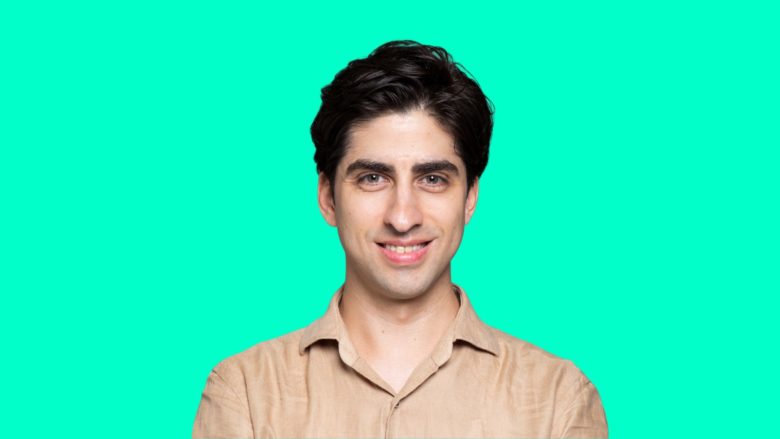Petar Tsankov, CEO of LatticeFlow: “Entrepreneurs Cannot Skip the Research and Innovation Phase”

It has been long since the discussions regarding the safety of AI models started. How can one trust a machine which relies on previously observed patterns to solve the problems of the present and the future? Making AI reliable for the commercial world would require traditionalizing the operational model of the technology, thus making it familiar to what industrial players already know. The existing domains of AI, however, have so far been unable to answer this problem, and this has created a need for innovation that two Bulgarian founders are trying to meet.
The recently raised $2.8M seed round by AI startup LatticeFlow, a spin-off from ETH Zurich, has built excitement in the Bulgarian entrepreneurial ecosystem because of the Bulgarian participation in the startup in the faces of Prof. Martin Vechev and Dr. Petar Tsankov. The financing round was led by btov, a European VC firm known for its investments in DeepL, SumUp, and Volocopter, and Global Founders Capital that previously backed Zalando, Revolut, and Slack.
We talked to Petar Tsankov, CEO of the company, about the new AI domain they are developing, their action plan, and their vision on how innovation is born.
An AI innovation production chain
The mission of LatticeFlow is to build a new generation of AI that is more trustworthy than the rest of the technology that is currently on the market. Tsankov shares that it took the team around 4 years to create the idea. As a lot of big players such as Bosch, Siemens, Airbus, and even the US army are facing accuracy problems with ML models, the LatticeFlow team quickly created a connection with them, thus closing the big gap from research to product testing and deployment. As noted by Tsankov, research and commercial interest always go hand in hand: “You have to start with the R&I process, you cannot bypass this step, or read the work of other scientists and implement it.” In the context of Bulgaria, Tsankov says that the spin-offs created so far communicate the importance of developing a focused product. “If you want to reach a very broad impact, you need to be able to scale it to lots of developers,” he adds.
Step by step
The first part of the product development is about comprehensively assessing ML models to see how they work, Tsankov says. For example, if a model trained to recognize traffic signs, one would like to know under what conditions it works – if it does recognize stop signs but fails to recognize a stop sign with a reflection on it, the model simply hasn’t learned to recognize it. “This part of the development,” the CEO continues, “is beneficial for two things: first, you know how to improve the model, and second, you gain assurance that it works properly in particular cases – for instance, if you discover that with daylight, the AI model works really well, then a car based on this technology can be very confident in daylight.” The team will also be working on automating the part when a customer must “fix” the model, once that a problem has been discovered. Safeguarding models and production are definitely a priority as well, Tsankov shares.
Close feedback interaction will be very important after the beta deployment that is planned for June. “A challenge for us is connected to the fact that this is an emerging domain. We do not know what will happen to the ML sector in terms of tooling and software, whether there will be one platform such as Google that will do everything, or an ecosystem, similar to the one of IT that will have specific tools for everything and a lot of integrations,” he says. Another challenge for the team will be the length of their project, as it may take 3 to 5 years for it to be distributed. This suggests that LatticeFlow will need long-term investors that trust the researchers and are ready to back them up. For their series A round, the team has turned its eyes towards one of the most influential investors in Silicon Valley. “Once we deploy, we will need customer stories from companies that are convinced in the product and satisfied with it. This will be a solid base to scale as series A investors would look at that,” Tsankov says.
+++Co-founded by Bulgarian Scientists AI Startup LatticeFlow Raises $2.8М+++




























